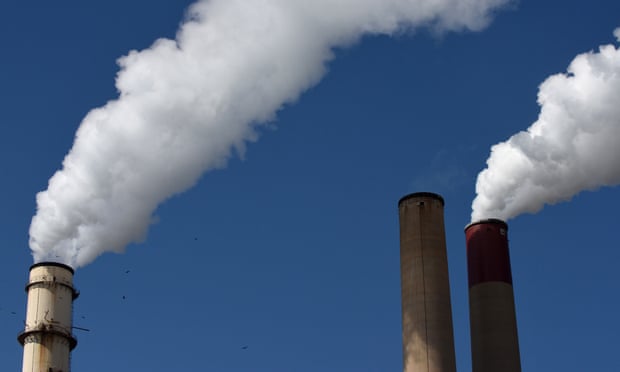Op-Ed: This election, take action on deadly climate change
republished from the lasvegassun.com
By Joanne Leovy | Oct. 30th, 2022
My clinic schedule was full:a teen was missing summer school due to an asthma flare, a young woman had questions about her early pregnancy, an elderly woman with memory loss came with her daughter. A man with heart and kidney disease called to cancel — he didn’t have a car and was unable to manage bus transportation in the smog and heat of that Vegas summer day.
Despite their diversity, a commonality connected my patients. All their medical problems are aggravated by climate change. What’s more, simple personal steps can reduce their health risks.
As a family doctor, I care both about my patients’ personal health problems and about community and environmental drivers of health. Climate change is an under-recognized cause of poor health. Some climate-caused health problems are brutally obvious, like respiratory diseases worsened by wildfire smoke, or injuries suffered during a storm.
But in Southern Nevada, climate-related illnesses are often much more subtle, triggered by invisible air pollutants and excessive heat. Las Vegas experiences more dangerous heat waves than in the past. Heat can be fatal for vulnerable people, and causes physical effects as well as depression, anger and mental confusion.
Air pollution caused mostly by burning fossil fuels causes many health problems, including lung cancer, heart and respiratory diseases, neurologic and cognitive problems, preterm birth, higher fetal and infant death, and diabetes. A study of Medicare recipients showed that death rates doubled on high pollution days compared with low pollution days, and pollution levels are projected to increase in a warming world.
Moreover, climate-related diseases are expensive. A 2018 study estimated that the cost of treating disease caused by ozone pollution in Nevada alone is nearly $900 million per year.
Climate and pollution health problems affect us all, but the risks are unevenly distributed. In Las Vegas, the hottest areas lie in low-income neighborhoods, mostly on the northeast and east sides of the valley.
The same neighborhoods often have transportation-related pollution from freeways and major thoroughfares and less access to shade, cooling centers and health care services. Many in these neighborhoods rely on walking and public transportation, increasing their exposure on hot or polluted days. People of color are far more likely to live in a heat island or a neighborhood with high pollution levels, partly because of historical inequities in housing availability.
Reducing heat effects and pollution will help our whole community, reduce health disparities and advance racial justice.
To optimize our health, we must tackle the climate emergency. Cutting down on fossil fuel combustion immediately reduces heart, lung and perinatal disorders. Reducing urban heat islands with thoughtful tree planting, cool roofs and pavements, efficient buildings and smart transportation will make Southern Nevadans healthier and more economically productive. Transitioning to a sustainable clean-energy society will quickly generate health care savings greater than the costs.
Recently passed federal legislation like the Inflation Reduction Act provides resources for a clean and healthy future. However, policy implementation requires political leadership. How can ordinary citizens help?
Elected officials will pay attention to the climate health emergency when their constituents consistently talk about climate and vote. Those who care must register and vote consistently for candidates who indicate concern about health and the environment.
Those who already are reliable voters can talk to their friends and acquaintances — people are far more likely to vote after a conversation with someone they know.
Talk often about climate change. Recent studies show that although most Americans are alarmed or concerned about climate change, they often don’t discuss it. Our political leaders will listen when they hear a steady drumbeat of concern about the climate-health emergency. Ask candidates at every level about their plan to reduce climate impacts in Nevada. What will they do to leverage federal funds or to advance policy at the state and local level?
Neighborhoods with high voter turnout are healthier. Political leaders naturally pay attention to voters, and high-turnout neighborhoods often get more resources and services. The American Medical Association recently deemed voter participation a social determinant of health.
Voting, climate action and better health go hand in hand. Involved citizens help to bring about health-supporting policies. This election season, talk about climate, vote, and engage your neighbors to do the same.
Joanne Leovy is a member of the Nevada State Medical Association and a family physician who has practiced medicine in Southern Nevada for more than 20 years.

